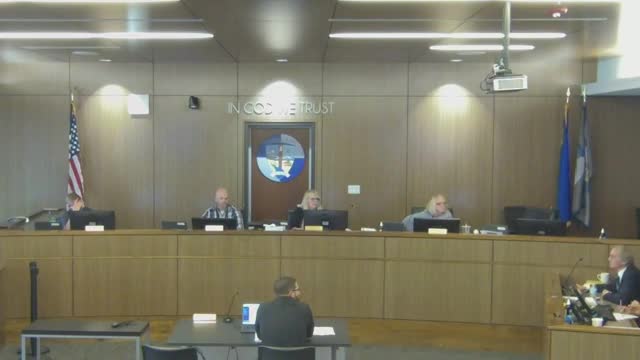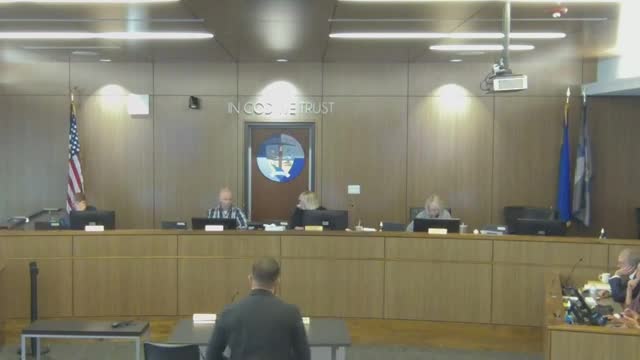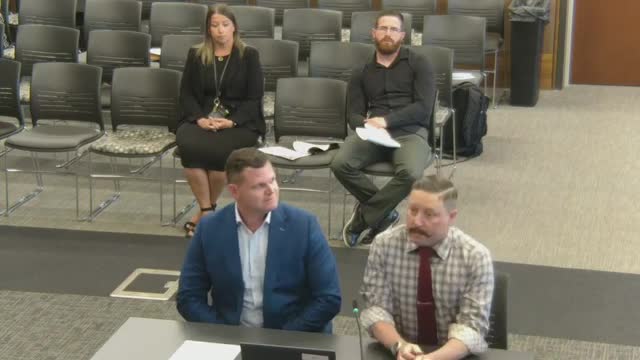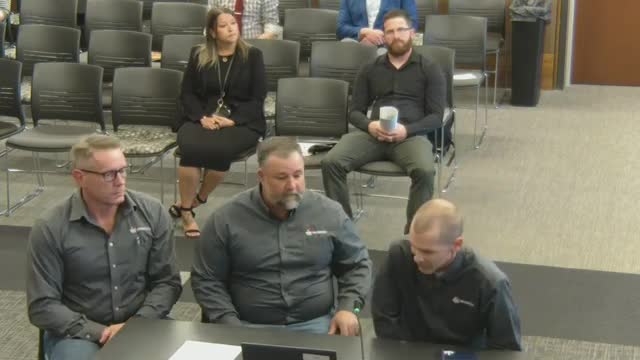Article not found
This article is no longer available. But don't worry—we've gathered other articles that discuss the same topic.

Votes at a glance: Lander County commissioners approve permits, payments and tri‑county meeting authorization

Lander County raises justice of the peace salary to $89,307; commissioners cite pending state bill and budget timing

Developers pitch rail park master plan; commissioners ask for county master plan and milestones

